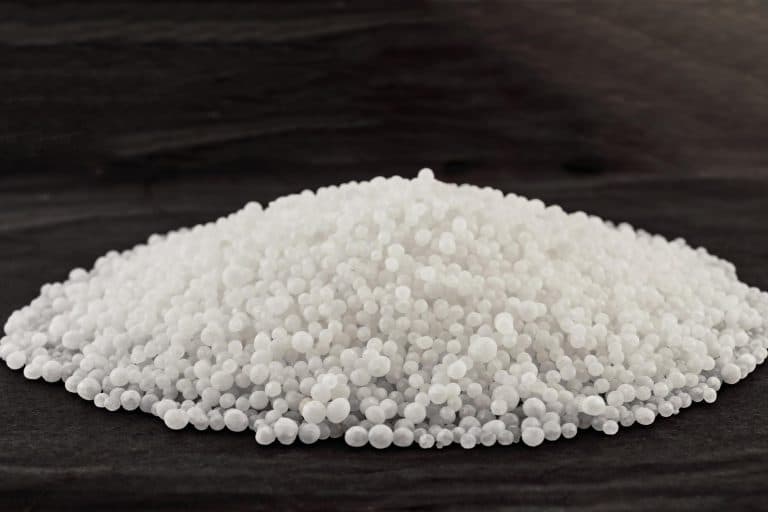
Home
About Us
Products
Product Request
Articles
Contact Us
Fa

Home
About Us
Products
Product Request
Articles
Contact Us
Fa

Contact us

Packaging: 50 kg bag, Bulk, Jumbo bag
_____________________________________________________
Price and payment terms: Contact us
_____________________________________________________
Delivery terms: FOB - FCA - CFR
_____________________________________________________
Countries with inventory: Iran - Turkmenistan - Kenya
_____________________________________________________
31021000 :HS Code
_____________________________________________________
Analysis 1
Urea fertilizer is one of the most widely used and common chemical fertilizers in agriculture, which plays an important role in the growth and development of plants due to its high nitrogen content. This fertilizer is produced in different forms to suit different soil conditions and plant needs.
Granular urea: One of the common types of urea is produced in the form of large, spherical granules. Due to its size and shape, this type is suitable for uniform distribution in the soil, mostly in large agricultural lands and for use in surface irrigation systems. Granular urea has a good decomposition rate and its nitrogen is gradually released into the soil.
Powdered urea: It is produced in the form of fine, powdered granules and, compared to the granular type, its dissolution and absorption by the soil is faster. This type of urea is very suitable for soils that require rapid nitrogen absorption and is used in applications such as greenhouse agriculture or lands that require rapid soil amendment.
Liquid urea: This is another type of urea that is used in a water-soluble form. This type is easily applied in pressure irrigation systems or sprayers, making nitrogen available to plants quickly. Liquid urea is usually used to provide nitrogen to crops and plants with high nitrogen requirements.
Slow-release coated urea and urea with additives: Both are types of urea in which the nitrogen release process is carried out in a controlled manner. These types of fertilizers are used to prevent nitrogen escape and environmental pollution and are suitable for plants that need to supply nitrogen for a long time.
Ultimately, the choice of urea type depends on the type of soil, climatic conditions and the specific needs of the plants.